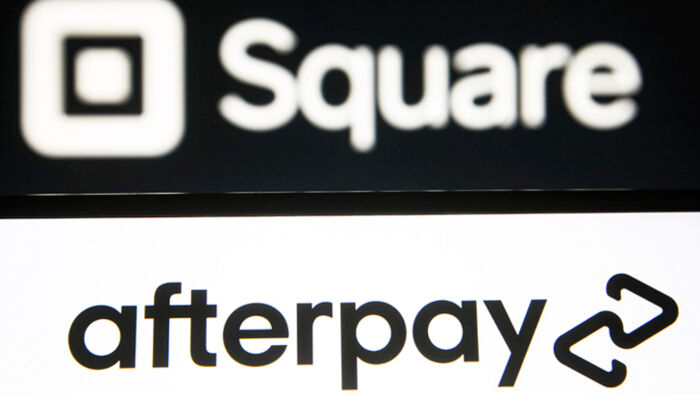What $39 billion Afterpay takeover means for shareholders
Market darling Afterpay will be acquired by American payments giant Square for $39 billion, in what represents the largest takeover in Australia's history. So what does this mean for Afterpay shareholders?
Afterpay's journey has been meteoric, to say the least. Listed in June 2017 for $1, its share price now stands at $127.
"Square and Afterpay have a shared purpose," says Square CEO and co-founder Jack Dorsey.
"We built our business to make the financial system more fair, accessible, and inclusive, and Afterpay has built a trusted brand aligned with those principles."
Square says it plans to integrate Afterpay into its existing Seller and Cash apps, allowing users to discover merchants and BNPL offers directly within the app.
Afterpay shareholders
Afterpay shareholders will receive a fixed exchange ratio of 0.375 shares of Square Class A common stock for each Afterpay ordinary share they hold on the record date.
Following the acquisition, Square will establish a secondary listing on the ASX, where existing Afterpay Shareholders will be able to trade Square shares using CHESS Depositary Interests (CDIs).
Once the dust settled, Afterpay shareholders are expected to own roughly 18.5% of the combined company on a fully diluted basis.
Investment case
The takeover has been good news for existing Afterpay shareholders, prompting a 30% spike in the share price.
It's also a bulwark against an intensifying competitive landscape.
"If it were on its own, the road ahead for Afterpay would have been challenging as it faced increased competition from Apple and Google along with banks and others wanting to get into the BNPL space," says Dale Gillham, chief analyst at Wealth Within.
However, it may be too late for new investors to jump on the buy now pay later bandwagon.
"Investors not in Afterpay already have missed the boat, there is no real upside unless you wish to eventually own stock in Square," says Gillham.
"The BNPL space will be seeing increasing regulation from the ASIC and this will impede the growth of companies in this space.
Get stories like this in our newsletters.



